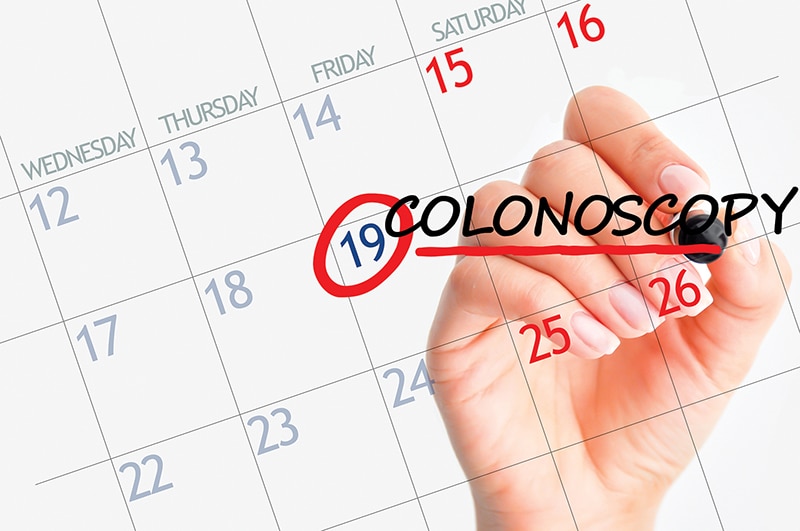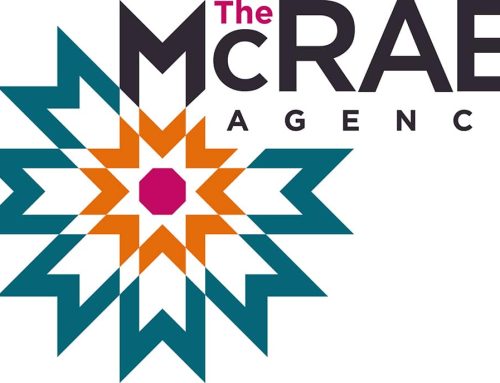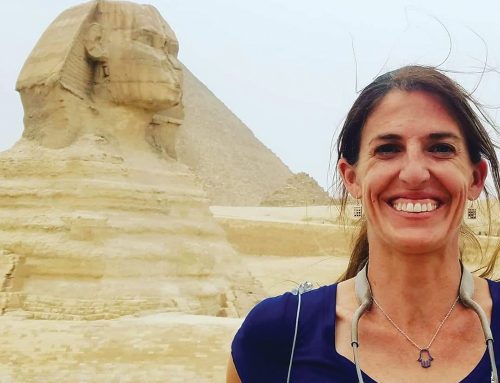By Kendra Arrieta
Did you know colon cancer is the third most common cancer in the U.S. and the second-leading cause of all cancer-related deaths? Early detection is key. The earlier you get screened, the better your chances are for a favorable outcome if anything abnormal is found.
Initial screening colonoscopies are now recommended starting at age 45 and every 10 years after that until age 75. If you have a family history of colorectal cancer, talk to your doctor to see if you should be screened sooner or more frequently.
Alexander Lee, MD, a gastroenterologist at HonorHealth, identifies the top five reasons why you’ll want to add a colonoscopy to your to-do list now:
1. The prep has improved.
Most people find the prep these days to be tolerable. You start with a clear diet, followed by the infamous jug of prep fluid – but it can now be split into two portions, instead of having to drink it all at once. This makes it more comfortable, and some brands even have flavors available for the prep.
2. It will be over before you know it.
You will be at the hospital or surgery center for about two hours, and only 20-30 minutes of that will be procedure time. You’ll be comfortably sedated, much like you’re taking a nap. Most patients won’t need another colonoscopy for 10 years.
3. If you’re experiencing symptoms, a colonoscopy is the fastest way to a diagnosis and treatment.
Any symptoms like rectal bleeding, abdominal pain, a change in bowel habits or unexplained weight loss should be taken seriously, regardless of your age. These symptoms could indicate a significant gastrointestinal problem, including colon cancer. If that’s the case, it’s best to find and treat it right away. A colonoscopy is the only way to take a complete look at your colon and remove any polyps to be tested to see if they are normal or abnormal (potentially pre-cancerous) tissue growths.
4. High-risk individuals should be especially diligent about screening for colon cancer.
If you have a family history of colon cancer, previously had polyps removed, or have a personal history of colon cancer or chronic inflammatory bowel disease, screenings are critical.
5. You can schedule a colonoscopy without an office visit – saving you time and co-pays.
If you’re healthy and don’t have any major medical conditions, you just need to fill out a form to schedule an Open Access Colonoscopy, so you can skip that extra appointment.
Colorectal cancer screening saves lives. While it’s true there are other options, a colonoscopy is considered the gold standard since it can treat and diagnose at the same time. “During the past five years, more screenings have resulted in a decreased death rate from colon cancer,” Dr. Lee says. “When the cancer is detected early, people live longer. The best test is the one that gets done, so I encourage anyone 45 or older to book that colonoscopy today.”





